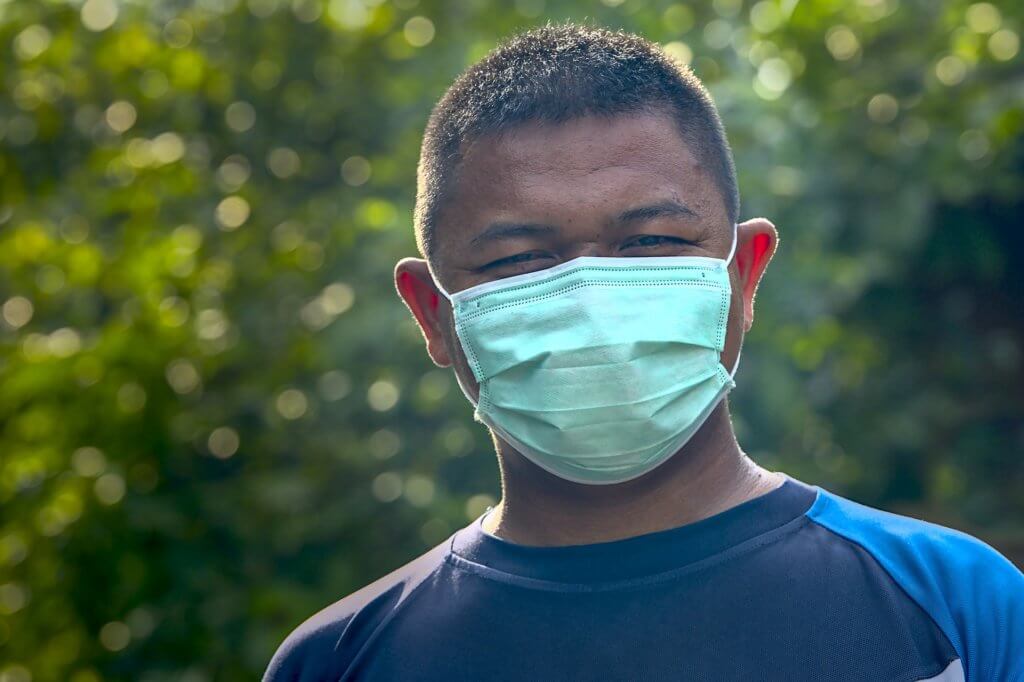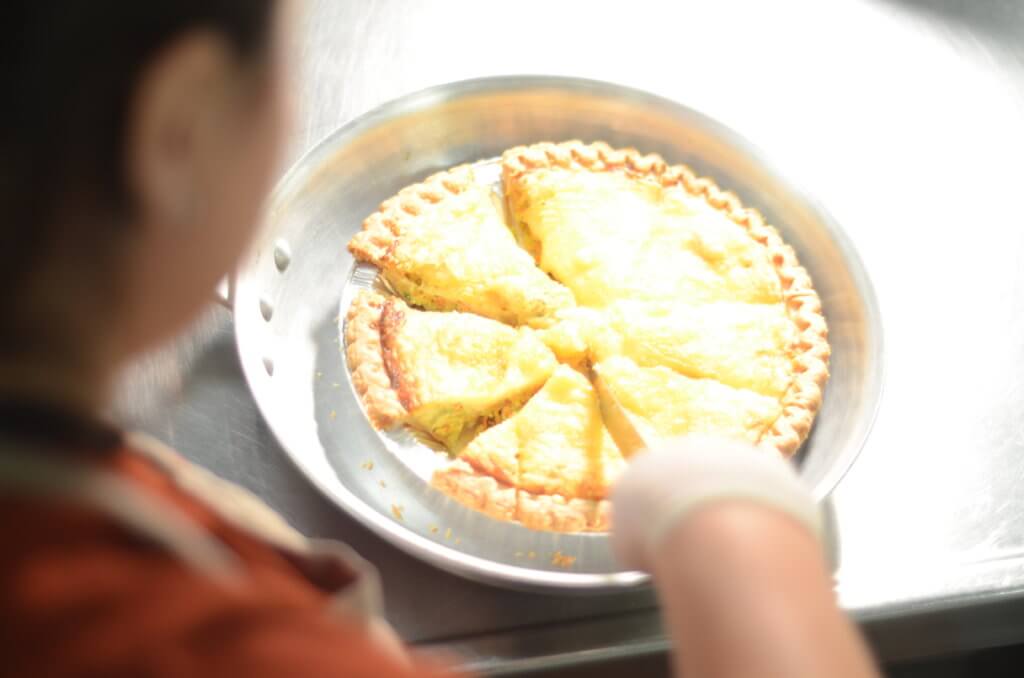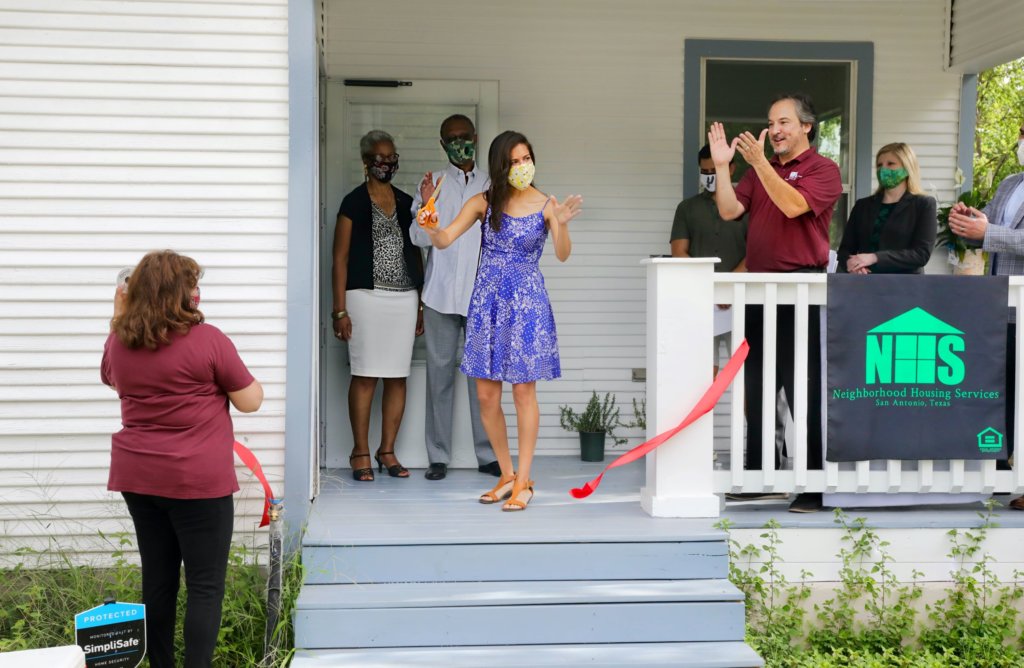‘You are a blessing to me’: A look at how an UnidosUS Affiliate develops promotoras de salud
By Stephanie Presch, Content Specialist, UnidosUS
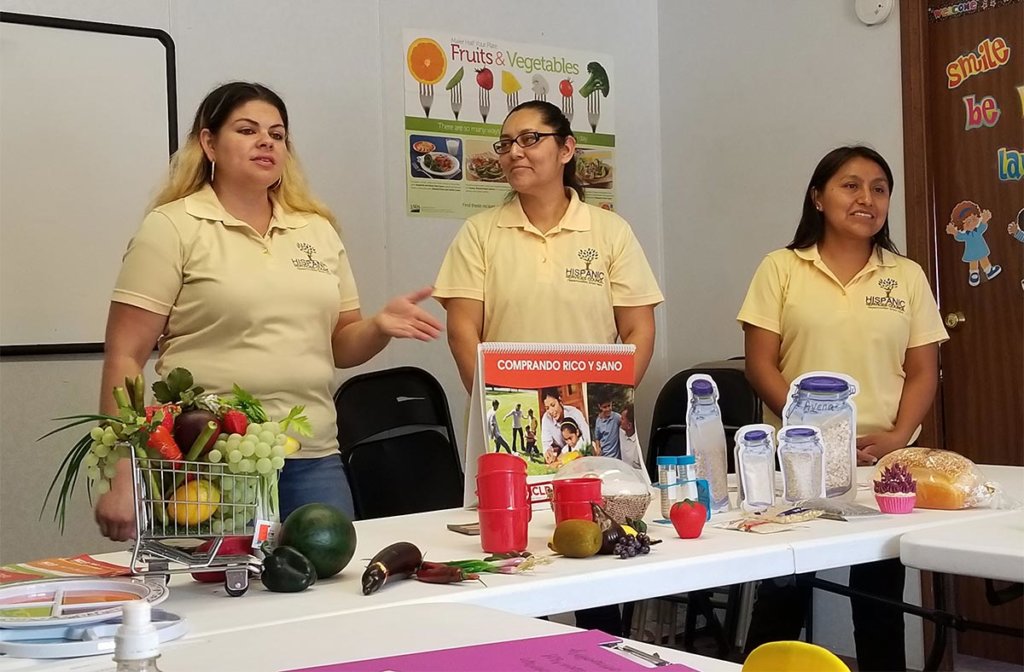
Forty million Americans—including 10 million Latinos—use the Supplemental Nutrition Assistance Program (SNAP) to put food on the table every single day. UnidosUS’s Comprando Rico y Sano program provides culturally sensitive SNAP enrollment assistance to those who are eligible and goes one step beyond by providing people with nutrition education, helping them learn how to eat healthy even when they may be on a limited budget.
The program is led by promotores de salud—or community health workers. Promotores not only facilitate the charlas (small educational sessions), but are advocates for their communities.
Keep up with the latest from UnidosUS
Sign up for the weekly UnidosUS Action Network newsletter delivered every Thursday.
“Utilizing community members can have more of an impact and be much more of an effective model than an outside organization just coming in and delivering programming,” Rosy Bailey, a consultant for Hispanic Services Council who specializes in food access explains about the promotora program.
“Many of the programs that I work with look to create healthy communities in areas of need,” she says, adding that while she has worked on food access in the past, she had previously not been aware of the community health worker model, which is a cornerstone of UnidosUS’s Comprando Rico y Sano program.
UnidosUS’s Comprando Rico y Sano program helps our Affiliates, which are community-based organizations located around the country, facilitate charlas about healthy eating and shopping, conduct grocery tours and cooking demonstrations, and help those eligible to sign up for nutrition assistance through SNAP.
One of those Affiliates is Hispanic Services Council (HSC). HSC’s headquarters is in Tampa, but they also have a significant presence in Wimauma, a rural community in Florida.
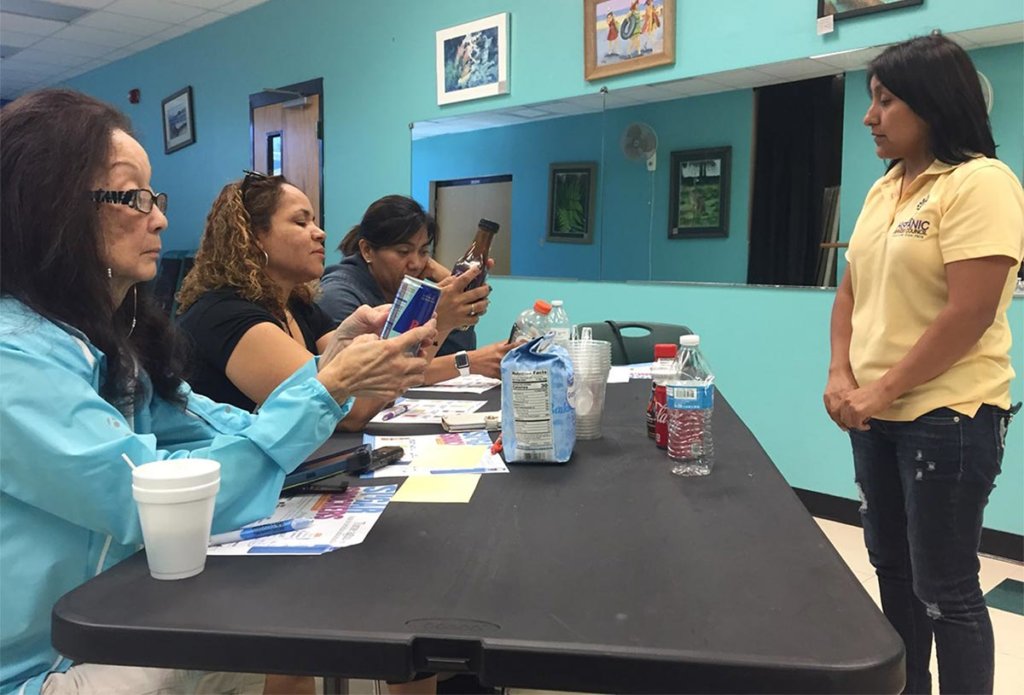
The impact that HSC has had on their community is significant. In the last year alone, they served more than 2,400 people with Comprando Rico y Sano messages and helped 987 individuals to either complete a new SNAP application, or recertify an existing one, ensuring that 2,321 Latinos had enough food on the table.
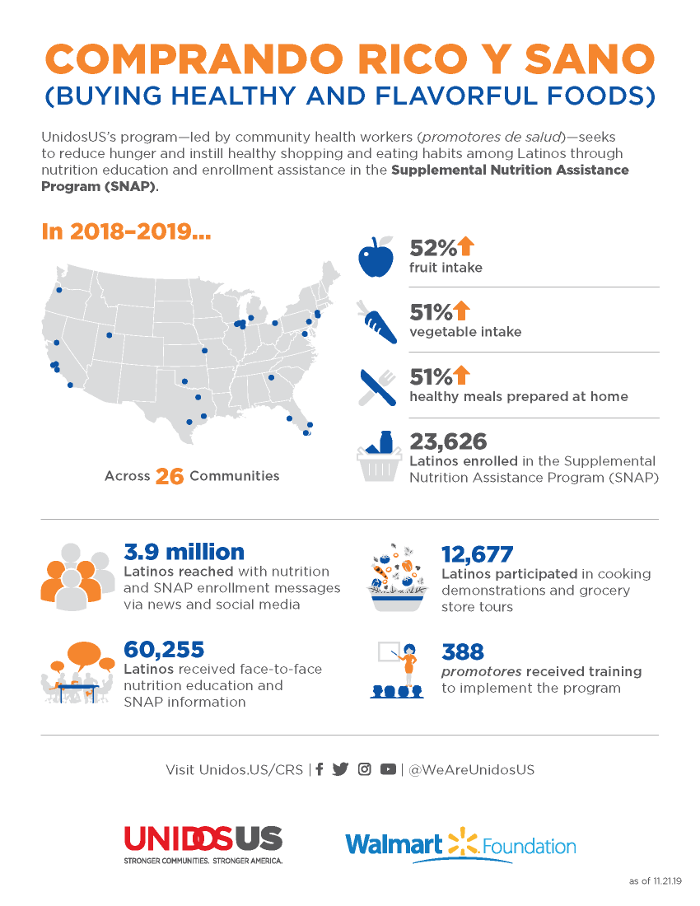
For Bailey, HSC’s work is personal.
“I was an immigrant; I came to the United States as a child speaking only Spanish during my first years of school. That connection with the community and some of their fears and some of the challenges they have is ingrained in my life,” she explains.
Paying attention to the community’s needs
The promotoras have a direct line to the community, Bailey explains, adding that the promotoras help inform the programming so that it is tailored closely to the needs of the community.
Bailey estimates that in order to truly reach the community in Hillsborough County, HSC would need 12 promotoras. Currently, the organization has five. She explains that as the program has grown, HSC has been able to expand the program across the county.
One of the ways that Bailey works to recruit promotoras for the program is by watching the Comprando Rico y Sano charlas.
“In Comprando Rico y Sano, I have communicated to the promotoras that if they see a charla participant who is really excited by the material, who is interested, we approach them to see if they’re interested in becoming a promotora,” she explains.
By paying attention to the charlas, HSC can identify people whom they can help develop into an informed community advocate.
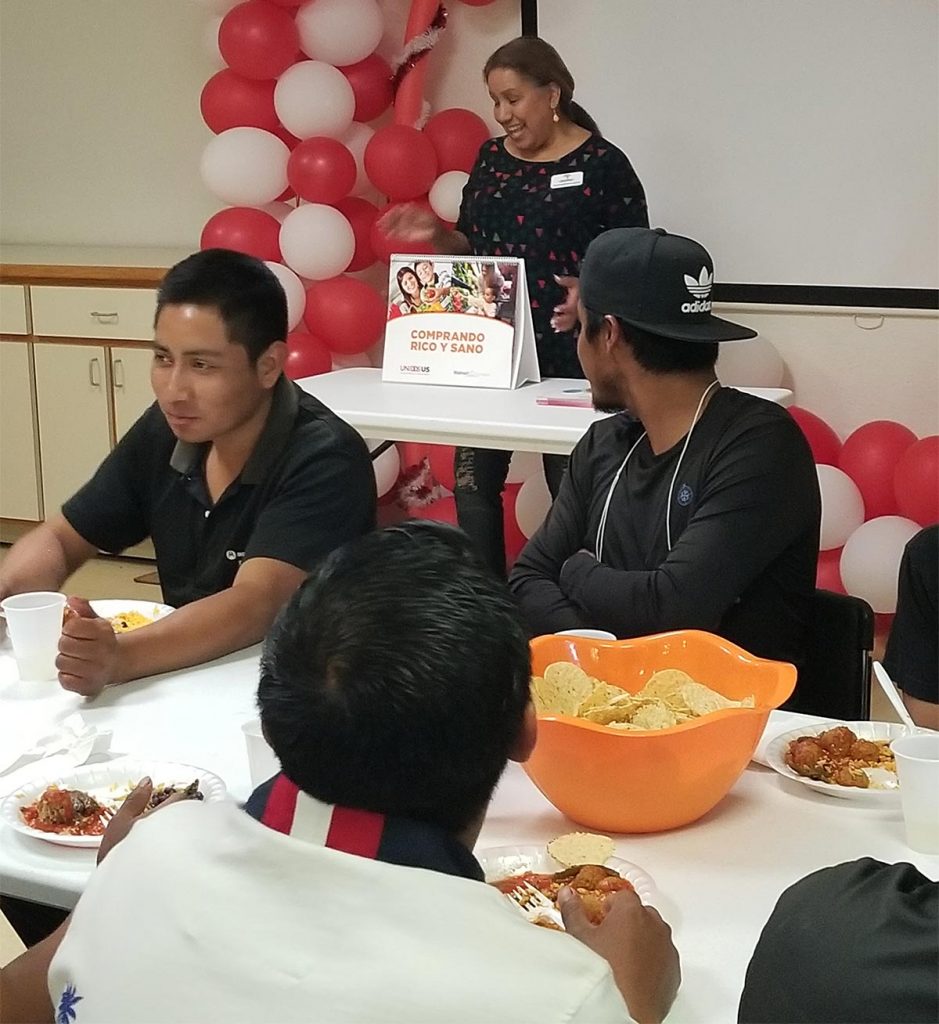
The promotoras are well-liked within the community they serve. HSC’s clients sometimes try to bring them a gift out of appreciation. When the promotoras do presentations to outside organizations and groups, they’re often asked if HSC has other programs they work on. Several have even been hired by outside organizations that HSC partners with.
Members of the community are often very grateful for the help in filling out SNAP applications—because becoming involved with the Comprando Rico y Sano program can give them the boost they need to support their family needs, and to start them on the road to healthy living. “Tu eres una bendición para mí (You are a blessing to me)” is often heard by the promotoras.
Developing community leaders
One of those promotoras is Velia, who has lived just south of Tampa in Wimauma since 2004, moving to the United States from Mexico with her husband and two daughters. She joined HSC as a volunteer after being approached at her church by the organization.
She started out at HSC’s La RED de Padres Activos (“Network of Active Parents”), an initiative thought to help busy parents raise their children and ensuring their educational success now and throughout life. And more than that, La RED offers a time for parents to spend with their children.
“They work such long hours that sometimes they get home and their children are already in bed. These meetings are for parents to spend quality time with them.”
This experience gave Velia skills working with parents who worked jobs with very long hours and who often had very little understanding of English. After that, Velia joined the Comprando Rico y Sano charlas and she stayed as a promotora at HSC’s health program, Puentes de Salud/Bridges to Health, but she still goes to La RED to teach health and wellness classes as a promotora de salud.
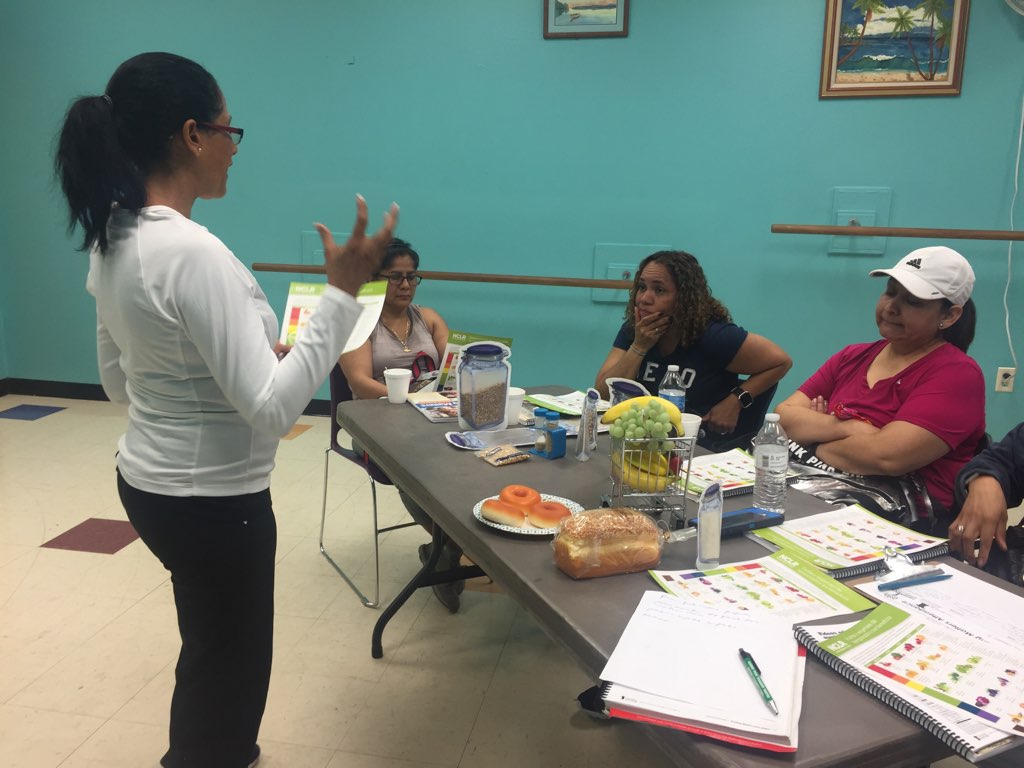
Velia explains that becoming a promotora isn’t as simple as signing up to teach a class—promotoras actually have to go through 500 hours as a volunteer in the community before becoming a Florida certified community health worker where they learn about everything from healthy cooking to managing chronic illnesses. Once they have obtained their certification, promotoras are then required to complete training to renew it every two years.
Velia explains that one of the hardest parts of being a promotora is encountering someone that she can’t help completely. “At the beginning, I cried a lot,” she admitted, “it’s hard for you to imagine what other people are going through.”
“Sometimes, a mom will come to the office and need help applying for food stamps because her husband was deported, and she’s now by herself with their kids,” Velia adds.
Others have come in who have chronic illnesses, but no legal status, and she has no way to help them.
Even though she can’t help everyone, Velia remains focused on her role as a promotora as a way to create positive change in the community.
“During our Comprando Rico y Sano charlas, we talk about healthy eating, we talk about chronic illnesses, and the participants in the charla are able to improve their health,” she explains in Spanish.
Velia notes that participants who take the class or charla are often very excited and engaged in the content. She recalls one woman who had lupus, and when she took the class, she was inspired to make more changes to her diet. Another confided in her that she was diabetic.
“It’s so important that they learn that they can teach us too,” she says.
Even when Velia has had success as a promotora, there are additional challenges. “Where we’re located there isn’t public transportation, and a lot of people don’t have cars,” she explains. She notes that to help keep people accountable to the Comprando Rico y Sano program that they often follow up with their clients over the phone to check in with them.
For Velia, Comprando Rico y Sano isn’t just about nutrition education. In this difficult political climate, she has observed a lot of fear from people who are hesitant to sign up for a program. She has also observed that important needs that the community has, like access to mental health services or public transportation, are not being met.
“We need to be a voice for the people,” Velia says.
This blog post is part of Comprando Rico y Sano, a program supported by the Walmart Foundation.
